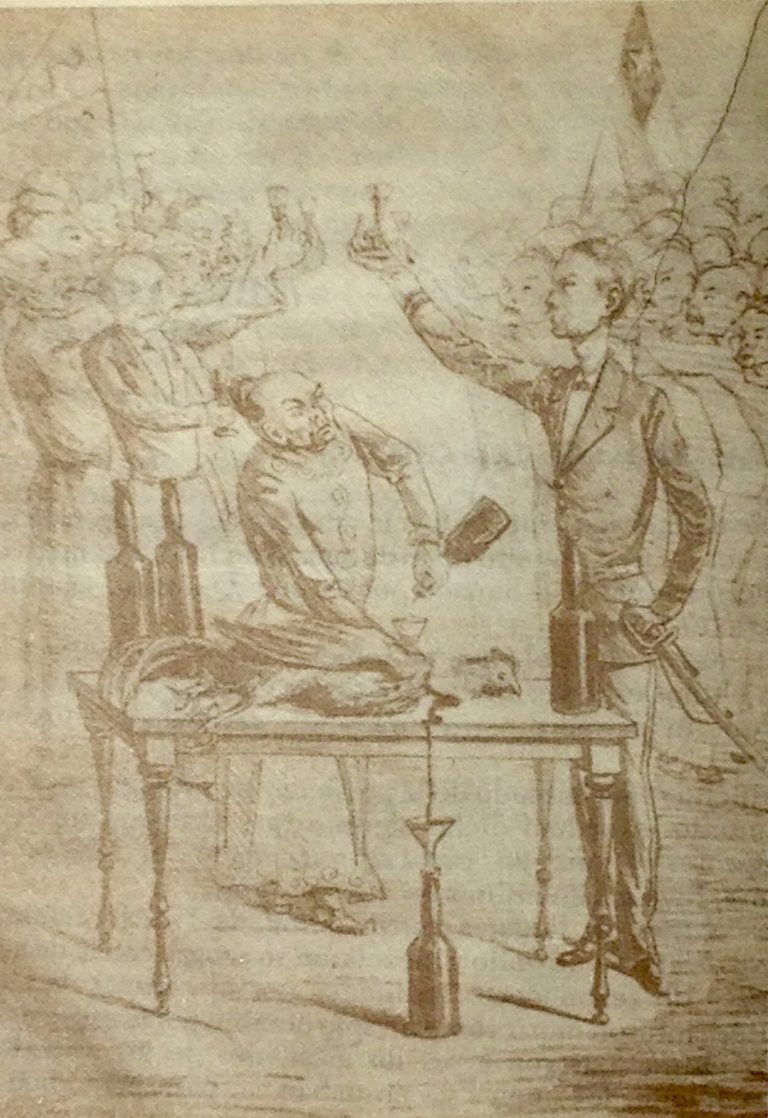Interview with Alfonso Salgado, author of “La batalla por la opinión pública: Radiodifusión y política comunicacional en la vía chilena al socialismo”
Alfonso Salgado is an associate researcher at the Instituto de Investigación en Ciencias Sociales at the Universidad Diego Portales. He received his PhD in history from Columbia University in 2016. He is developing the postdoctoral project “Prensa de izquierda y gestión empresarial en Chile” (Proyecto Fondecyt de Postdoctorado N. 3190080) and is participating as coresearcher in the research project “Estalinismo y desestalinización: Continuidad y cambio en las generaciones militantes de las Juventudes Comunistas de Chile” (Proyecto Fondecyt Regular N. 1190307). …






